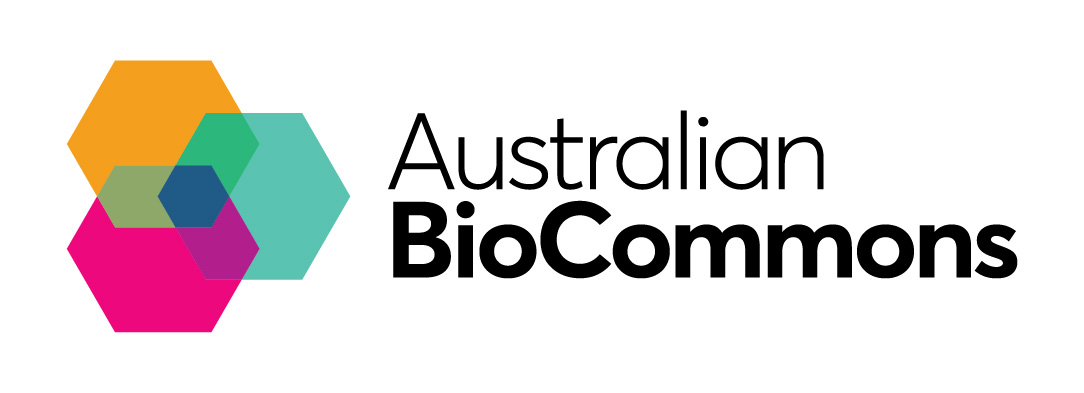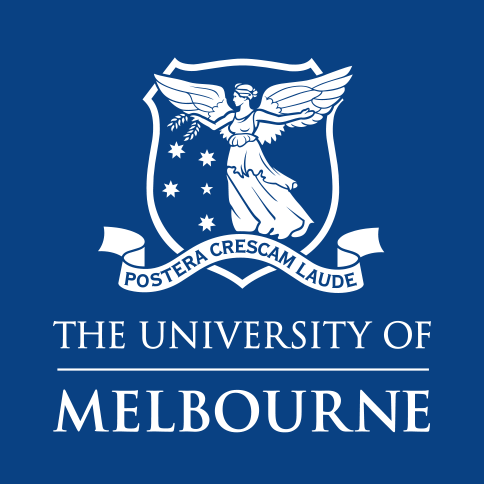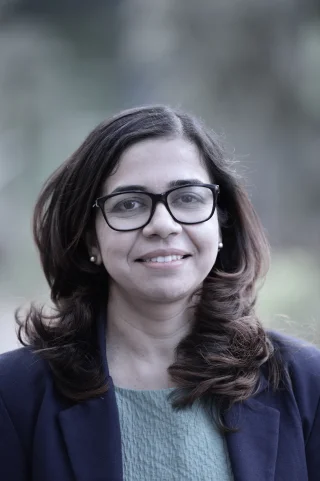Keywords: Bioinformatics or Go8 or National Research Infrastru... or cloud computing or digital research training
-

Australian BioCommons
Australian BioCommons is a research infrastructure project building digital capability for life...
50 training material4 upcoming event (51 past event)Australian BioCommons https://www.biocommons.org.au/ https://dresa.org.au/content_providers/australian-biocommons Australian BioCommons is a research infrastructure project building digital capability for life science research in Australia. /system/content_providers/images/000/000/002/original/Australian-Biocommons-Logo-Horizontal-RGB.jpg?1690164326 -

Sydney Informatics Hub
We are a core research facility of the University of Sydney. We provide support, training, and...
13 training material3 upcoming event (176 past event)Sydney Informatics Hub https://www.sydney.edu.au/research/facilities/sydney-informatics-hub/workshops-and-training/training-calendar.html https://dresa.org.au/content_providers/sydney-informatics-hub We are a core research facility of the University of Sydney. We provide support, training, and expertise in research data management, statistics, data science, software engineering, simulation, visualisation, bioinformatics, and research computing. /system/content_providers/images/000/000/009/original/University_of_Sydney_logo.png?1633565253 -

Pawsey Supercomputing Research Centre
The Pawsey Supercomputing Research Centre is 1 of 2 Tier 1 supercomputing centres in...
7 training material0 upcoming event (33 past event)Pawsey Supercomputing Research Centre http://pawsey.org.au https://dresa.org.au/content_providers/pawsey-supercomputing-research-centre The Pawsey Supercomputing Research Centre is 1 of 2 Tier 1 supercomputing centres in Australia. Pawsey prides itself on incorporating a range of best practices, features and solutions. Key features of the Centre include: - A purpose-built supercomputing building of more than 1000 m2 at Technology Park in Kensington, Western Australia; complete with scalable cooling and electrical services, to accommodate for expanding supercomputing infrastructure within the facility - A unique groundwater cooling system for removing heat from the supercomputer and dissipating this heat via an aquifer, 140 metres below the Centre, with no loss of groundwater. A photovoltaic system which has been incorporated into the building’s shaded façade, plus an extensive PV array on the roof of the building - This installation generates 140 kW of electricity onsite, which acts to offset the electrical and CO2 footprint of the Supercomputing Centre - Automated ‘intelligence’ incorporated into the building, with real-time monitoring, to facilitate efficient operation and support fine tuning of operations to reduce overall power costs /system/content_providers/images/000/000/004/original/PAW_RGB_H.png?1633498197 -

ARDC Community Connect
The ARDC's Community Connect program coordinated and supported community engagement activity to...
13 training materialARDC Community Connect https://zenodo.org/communities/ndacc https://dresa.org.au/content_providers/ardc-community-connect The ARDC's Community Connect program coordinated and supported community engagement activity to make researchers aware of, comfortable with, and equipped to take advantage of the infrastructure developed through the national data assets program. Specifically, ARDC is supporting National Data Assets projects in the development and delivery of workshops, training and e-learning materials, and a "community champions" model for their communities. -

Melbourne Bioinformatics
Melbourne Bioinformatics is hosted within the Faculty of Medicine, Dentistry & Health Sciences at...
0 upcoming event (9 past event)Melbourne Bioinformatics https://www.melbournebioinformatics.org.au/ https://dresa.org.au/content_providers/melbourne-bioinformatics Melbourne Bioinformatics is hosted within the Faculty of Medicine, Dentistry & Health Sciences at the University of Melbourne. Our services include development and delivery of training material, tool development, research and expert advice. /system/content_providers/images/000/000/020/original/PRIMARY_A_Vertical_Housed_RGB.png?1661319332 -
Sonika Tyagi Lab
Our expertise is in implementing Bioinformatics methods and machine learning models to solve...
0 upcoming event (2 past event)Sonika Tyagi Lab https://bioinformaticslab.erc.monash.edu/ https://dresa.org.au/content_providers/sonika-tyagi-lab Our expertise is in implementing Bioinformatics methods and machine learning models to solve biological research and clinical outcome questions. The two research focus areas for the group are: (1) Multimodal data integration for personalised medicine and (2) Integrative Genomics. /system/content_providers/images/000/000/027/original/DF0_7341.JPG?1693372847 -

Atlas of Living Australia
The Atlas of Living Australia (ALA) is a collaborative, digital, open infrastructure that pulls...
0 upcoming event (1 past event)Atlas of Living Australia https://www.ala.org.au/ https://dresa.org.au/content_providers/atlas-of-living-australia The Atlas of Living Australia (ALA) is a collaborative, digital, open infrastructure that pulls together Australian biodiversity data from multiple sources, making it accessible and reusable. The ALA helps to create a more detailed picture of Australia’s biodiversity for scientists, policymakers, environmental planners and land managers, industry and the general public and enables them to work more efficiently. The ALA is the Australian node and a full voting member of GBIF – the Global Biodiversity Information Facility – an international network and data infrastructure funded by the world’s governments and aimed at providing anyone, anywhere, open access to data about all types of life on Earth. /system/content_providers/images/000/000/017/original/ALA_Logo_Inline_CMYK.jpg?1652413583
